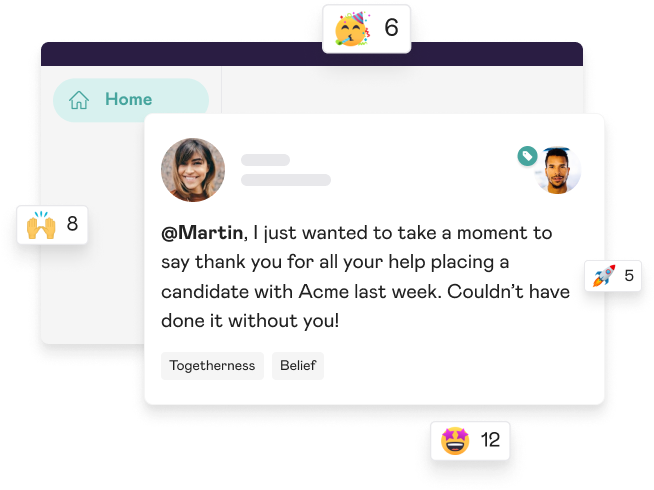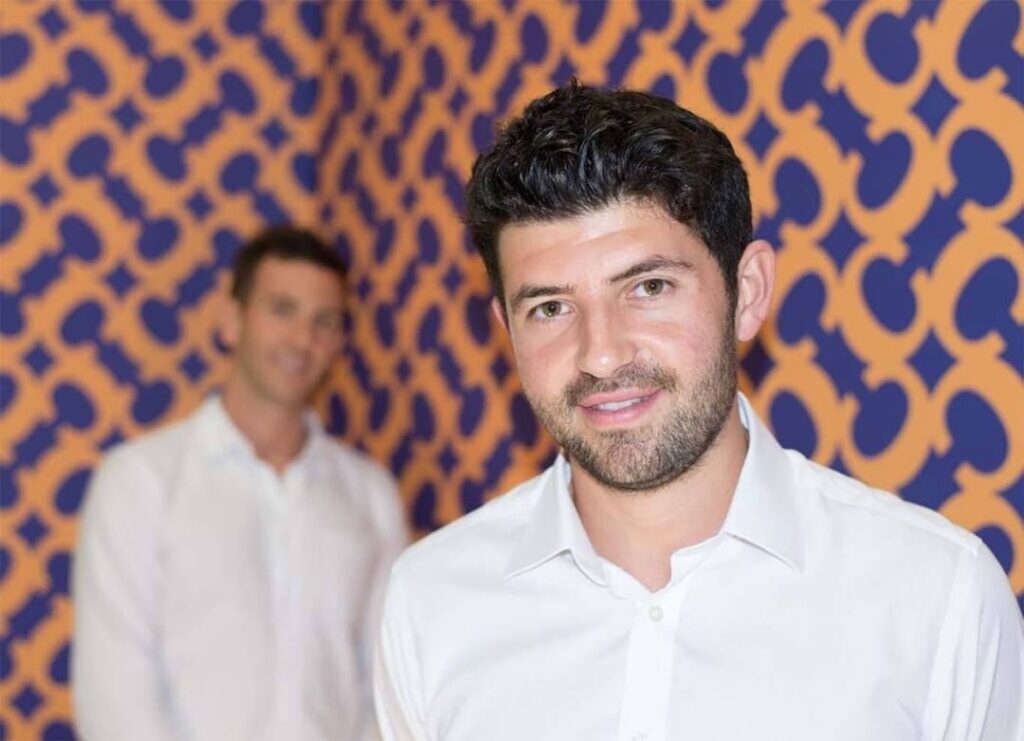Want to make sure your ship sails smoothly? You need a confident captain. Want your projects to succeed? A good project manager is the answer. Whether it’s a role you’d like to move into or you’re simply looking to brush up on your project management skills, we’ve got some tools and tips to help.
A project manager is someone responsible for the oversight and delivery of a particular project. Some people are dedicated project managers, who shift from one assignment to another. Others take on the management of specific projects alongside their other roles. They may also be line managers or team leaders, or they may not be.
Project managers typically work with a whole range of stakeholders and have strong people skills and excellent communication as well as technical knowledge of their industry.
Why Are Project Managers Essential to a Successful Team?
Project managers are essential for making sure that projects of all shapes and sizes stay on track. The role is one of oversight and responsibility and it ensures that efforts and resources are used as efficiently and effectively as possible.
A mature project management process results in projects that are more often delivered on time, within budget and with their goals met, according to research from PMI.
What Does an Effective Project Manager Do?
1. Translates Objectives
All projects have more than one goal. It’s the manager’s role to work out what all of the objectives are – from the immediate to the long-term – and make those clear to their team. This can range from breaking down the project into achievable chunks to finding a way to communicate the way the project intersects with your company values. Effective project managers know how to balance priorities.
2. Assesses and Manages Risk
An element of risk is present in every project. Will it be successful? Will the investment be worth it? Might it have negative impacts on other crucial operations? It’s a project manager’s job to assess these risks and put in place structures to help mitigate them.
3. Supports the Team
The best project managers are the ones who know the power of a supported team. When you can create a feeling of trust and mutual respect, you know that your team will be working at their best – which means better results for them, and the project.
4. Successfully Manages Time
Good time management is an essential component of any project. A canny project manager has the knowledge and insight to predict how long certain tasks will take. They also know how to build in contingency time and are adaptive to changing circumstances.
Transform your culture with Mo

- Improve employee engagement scores
- Reduce employee churn
- Build a collaborative culture
How to Become a Project Manager
If moving into project management is something you’re keen on (and why wouldn’t you be, when demand is so high), be sure to look out for the opportunities open to you in your current role.
1. Courses and External Training
If your company has a robust employee development strategy, they should be very open to you attending courses or training that will boost your skills. Investigate any options that are available nearby or online and take those to your line manager. They may also have suggestions or particular project management courses that they feel might be the right choice for you.
2. Work Experience
It’s also possible to gain the skills needed to transition into a project manager role on the job. You may be able to shadow senior members of staff or be in a position to request coaching or mentoring. You could also ask if any small projects are coming up that you could take charge of, you that you can practice and grow your confidence.
Support and Resources for Project Managers
If you’re looking to develop your project management skills, you’ll be glad to know that there are plenty of resources out there to help.
Management Software
From the trusty Gantt chart to more sophisticated tools, there’s a solution to suit everyone. Some of our favourite prices for project management include:
- Monday.com – fantastic for building custom workflows that work within and between teams.
- ClickUp – a nice choice when you’re managing a project that has a hybrid or remote team.
- Hive – this is a good pick for a project management tool with a focus on collaboration.
- GanttPro – if Gantt charts remain you’re favourite, this is the perfect online version for sharing.
Methodology Techniques
Choosing the right methodology for a project means thinking about your management style as well as the needs of your team and the project itself. It’s great to have a few different favourite methodologies that you can switch between.
1. The Waterfall Methodology
This is quite a traditional approach to project management, which works on the basis that the project will work linearly – with each task flowing on to the next. This is very logical and straightforward but can cause issues if holdups or snags disturb the plan.
2. The Agile Methodology
Sidestepping the linear approach and instead focusing on adaptability is a more iterative form of project management. Its backbone is in collaboration and an ability to change things up, depending on the data. This methodology needs agile leadership and responsive managers to be fully successful.
3. The Critical Path Methodology
Another option is the critical path method, which relies on sticking to the core needs. First, you analyse the critical tasks needed to complete the project (as well as all of their dependencies) and determine how long they will take. This determines the length of your critical path and the milestones to meet along the way.
4. Reward and Recognition Software
Key to the success of any great project is the encouragement team members receive along the way. Being recognised and rewarded for their work helps keep people engaged and boosts their motivation too. We know you’ll be juggling a lot of plates when you’re managing a project, that’s why Mo makes it so easy to give your teams the encouragement they need.
How to Become a Project Manager: Key Takeaways
- Being a project manager is a fulfilling career because you will play a pivotal role in bringing ideas to fruition. You get to oversee the entire lifecycle of a project, from conception to completion. This sense of ownership and responsibility can be immensely rewarding.
- Project managers thrive in dynamic environments, constantly facing new challenges that demand problem-solving skills and strategic thinking.
- With the right tools, like Mo’s employee recognition software, there’s no limit to how far you can go 👉 book a demo.




